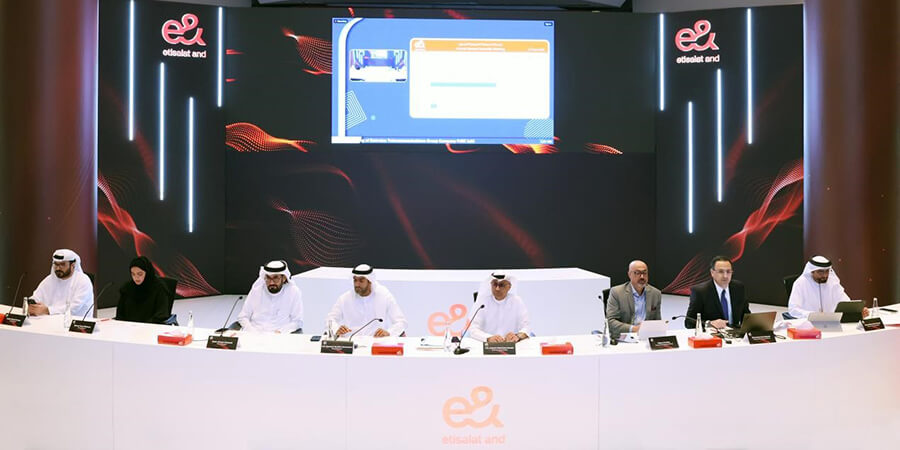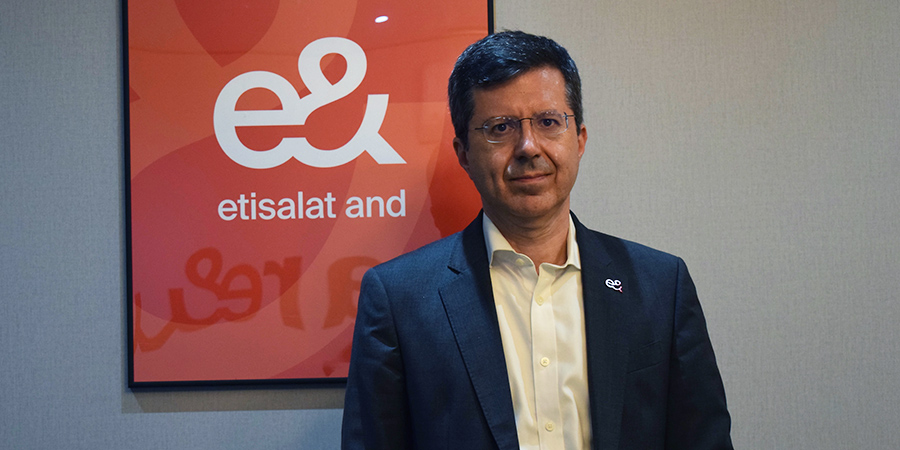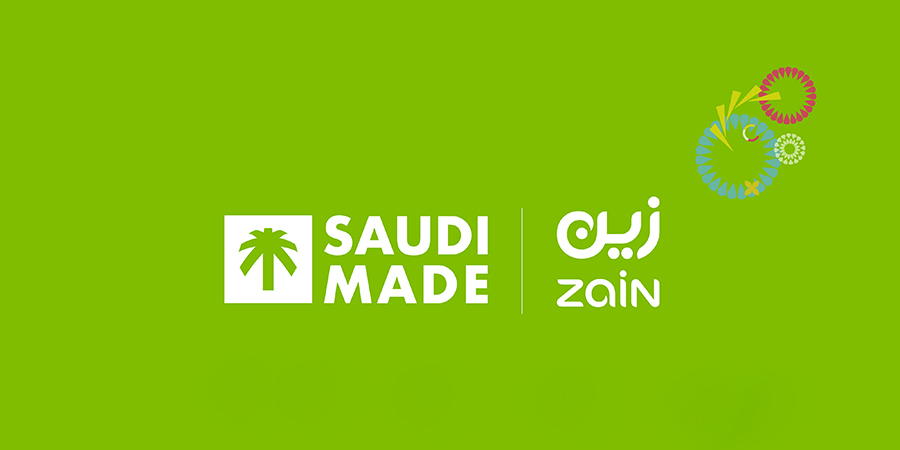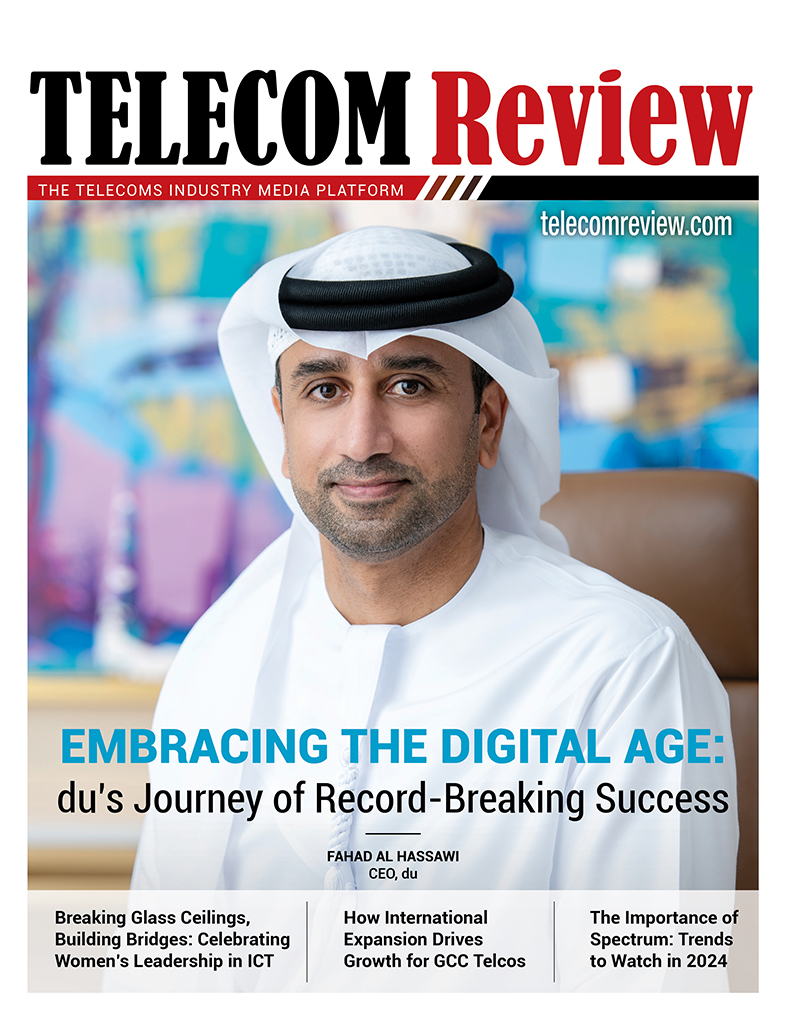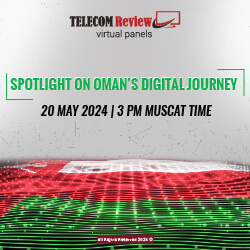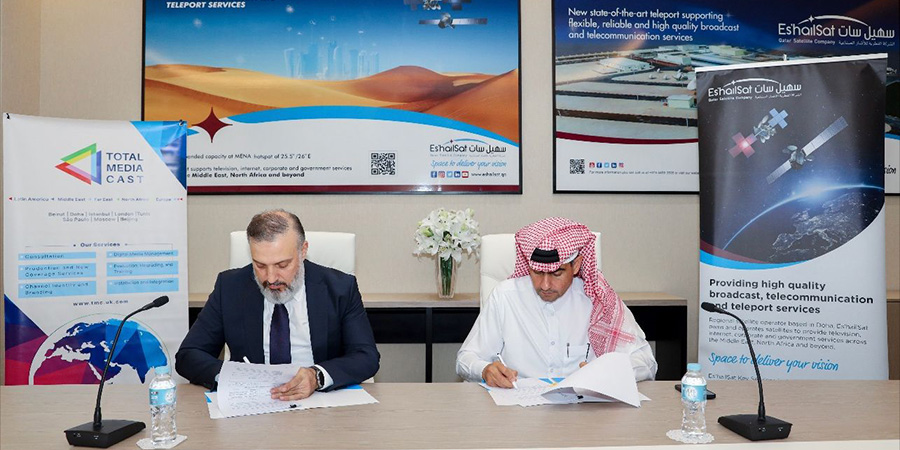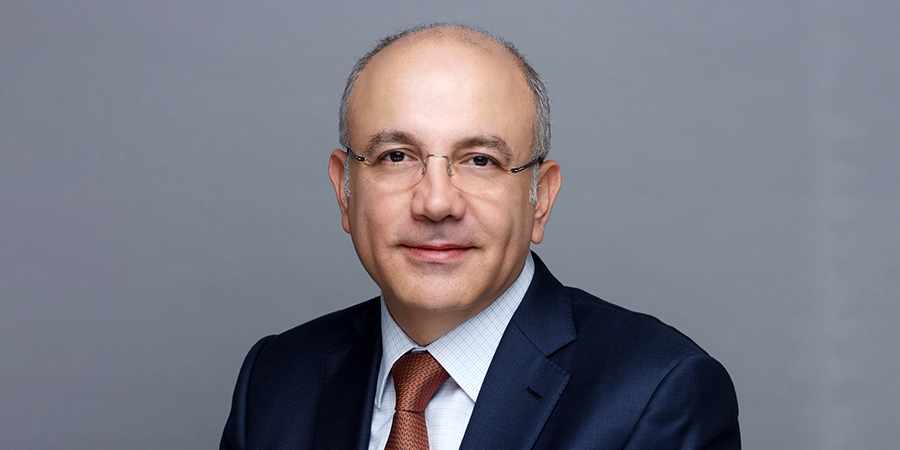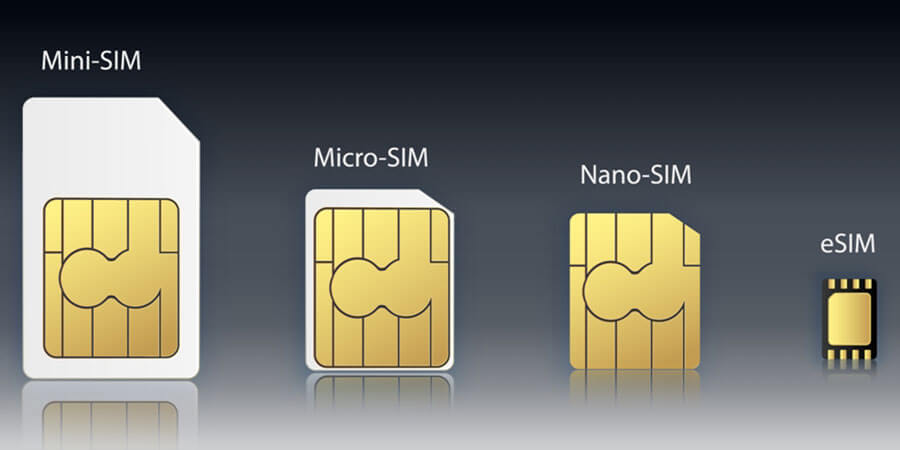The eSIM, which stands for embedded SIM, is a SIM chip that is standardized to be able to operate with multiple mobile devices and multi networks globally.
The new SIM technology allows multiple applications and on the cloud re-programing. It makes it easier to switch networks, or switch between personal and business numbers at any time.
The eSIM enables a device to have multiple device operating profiles at once, using different profiles. The multiple profiles can be used remotely and can be switched between each other depending on the user. The eSIM also enables users to use the same SIM while switching mobile carriers, thus the global eSIM market is eliminating the need for physically replacing the SIM card.
The GSMA, which issued in March 2018 white papers on the eSIM, followed by certification references as of May 2018, set a Global Certification Forum and PTCRB for eSIM functional testing.
Also, recognizing the importance of interoperability and security for products supporting eSIM-based remote SIM provisioning, the GSMA has developed a compliance framework for eSIM devices, eUICCs and subscription management servers, SM-DP+ and SM-DS.
The benefits of adopting the eSIM technology include the increase in the reliability of this SIM in comparison to the current SIM cards as there is less chance for mechanical failures.
The eSIM can be used in several devices, even very small ones. Some analysts said the eSIM may bring even smaller devices.
The eSIM also needs a device that supports the technology, which is restraining the growth of the global eSIM market.



